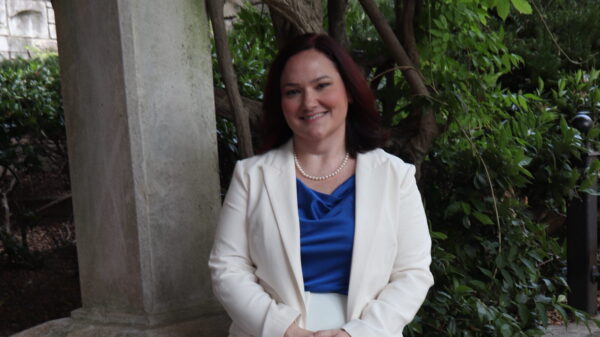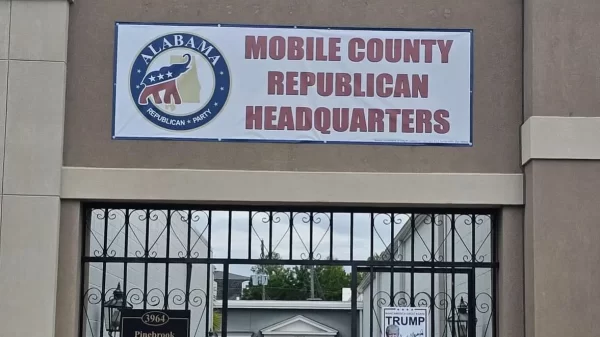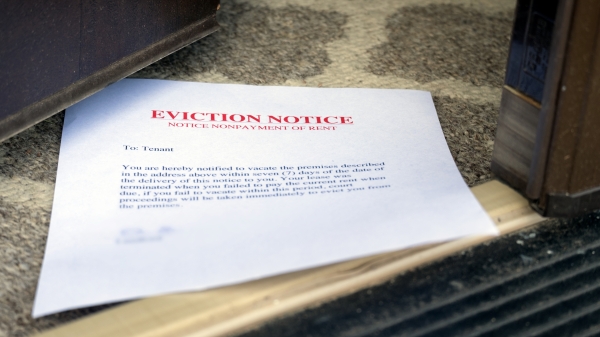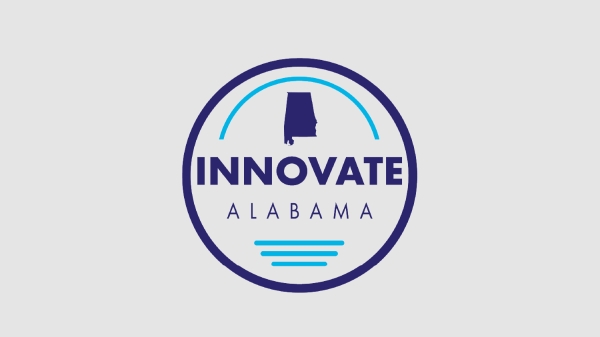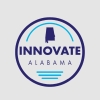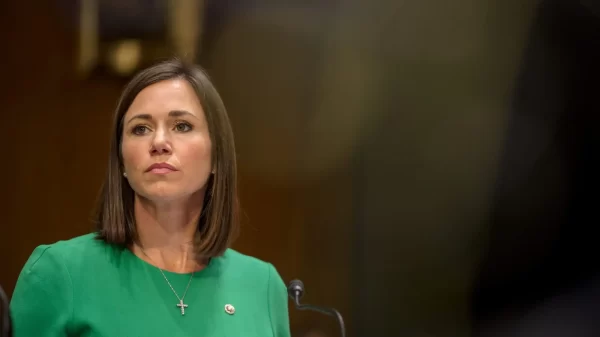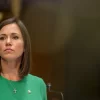Like so many parents across Alabama, a few weeks ago I sent my daughter off to her first day of school. As I snapped a picture of her enthusiastic smile, I knew my second-grader was genuinely excited – excited to learn about the world, excited to discover new interests, and excited to make new friends along the way.
As I look at that picture today, I’m reminded of just how much has changed since I was in school. As the digital age continues to rapidly change the face of modern education, e-mail, touchscreens, and iPads are becoming more common in classrooms than textbooks, chalkboards, and crayons. However, despite these advancements, too many Alabama schools, teachers, students, and families are still dealing with some of the same old stubborn and recurring obstacles.
That is why I believe so strongly in investing in public education innovation – innovation that goes beyond tools and tech to the heart of learning itself. This isn’t fancy jargon. At its core, public education innovation calls for continually striving to improve – improving areas that are already working to make them even better and integrating new evidence-based ideas and methods to those that may be falling short. Simply put: it means carefully and creatively implementing new and improved methods of learning to enhance student achievement, close the achievement gap and open doors of opportunity to all.
While we tend to focus on innovation strictly in terms of technology, opportunities to transform our system of public education for the better need not be high-tech or complex. In fact, many of them are well within reach and my colleagues in the Alabama House of Representatives are already working to make them a reality.
The best place to begin improving public education is at the beginning of a child’s educational experience – from the cradle to pre-K. Any expert will tell you that this is a critical time for childhood development, so there is no question that we must better support all children (and their families) through their first five years. And there is no excuse not to do so. We must address the shortage of childcare workers and make high-quality early learning programs accessible in rural and underserved communities. In addition to committing to increased funding, we must be practical and resourceful. If classroom space is a challenge, let’s enlist community resources, like libraries and vacant offices. After all, the positive benefits of early childhood education are two-fold: students who are better prepared to succeed (and read) in kindergarten and parents who are able to return to careers in the workforce.
In addition, it’s high time to shift our educational efforts to better prepare students for careers early on. Establishing optional career pathways or career-specific tracks in high school can refocus learning on areas and fields that will be most applicable to a student’s future. Integrating the classroom with career-based learning and real-world work experiences also helps drive home the message to students that they’re already on the path to career success. Of course, the goal is not to limit a student’s educational experience, but rather to spark individual interests, build broad skills, and hone in their learning on the possibilities of the future.
For those planning to attend four-year colleges and universities, there must be greater investment in need-based scholarships and financial aid. Others should be supported and guided to meet the growing demand for middle-skills jobs – those that require education past high school, but not a four-year degree. For all students, current concepts and programs like dual enrollment, internships, and co-ops must be taken to the next level with reliable financial support early on that allows them to grow into their college, career, or vocational goals and roles.
Lastly, we must invest in schools, teachers, and support staff across the spectrum of our educational system. The bottom line is that no other type of investment will pay stronger dividends for our economy than increasing long-term resources for public education. In the most recent Education Trust Fund budget, we pushed for a measure that allows for auxiliary teachers in every classroom up to the third grade. In fact, we believe that these same resources are needed throughout grade school as well as in middle and high schools long-term. Similarly, we supported incentives to attract more math and science teachers to our secondary schools in hard-to-staff areas and believe it should be expanded to support stronger STEM programs for younger students. And amid a growing teacher shortage, we must continue to evaluate strategies and allocate resources to fill and retain educators in high-need positions and schools. We know that to bring the very brightest educators in Alabama classrooms, our teacher salaries and benefits must be competitive on the national level. We should be striving to grow our own educators, just as we should be investing greater resources in higher education, including our vocational and technical schools. It’s time to take the politics out of education and to recognize the pivotal role our educators continue to play in shaping and guiding the generations of young people who will lead us into the future.
For our students and young people, the goal of being college-ready or career-ready begins on day one. And it calls for our schools to be ready, too. This should be our vision for the future of education in Alabama. A vision of continual improvement, creative innovation, and one that is flexible enough to meet the diverse needs of individual learners to prepare them for future success in school, work, and life.
So, as I look at my daughter’s photo from her first day of second grade, I see a smile brimming with possibility. Yes, the first days are always an exciting and inspiring time. They’re a reflection of the promise of the future, of our need to keep striving to do better, and of our shared duty to ensure that all Alabama children have the chance to transform their dreams into prosperous and productive realities.

